(epistemic status: experimental new format! Optimized for memetic power. Fun and useful refactorings of classic ideas about language.)
(note: this post was originally made as a slide deck and lives as a pdf here. Color coding of ideas was inspired by abramdemski and turntroat. Since this is a bunch of images, the links don't work, and I've collected them all at the bottom of the post)
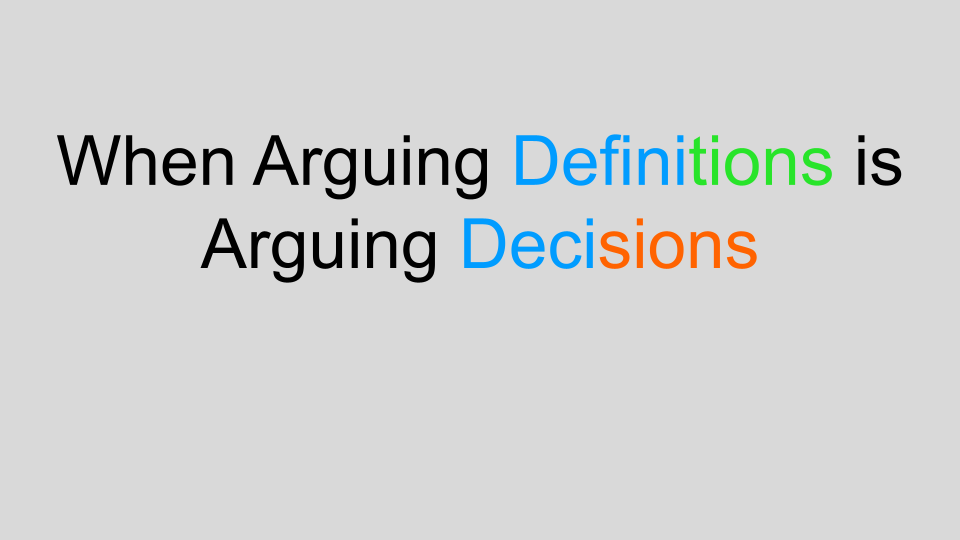
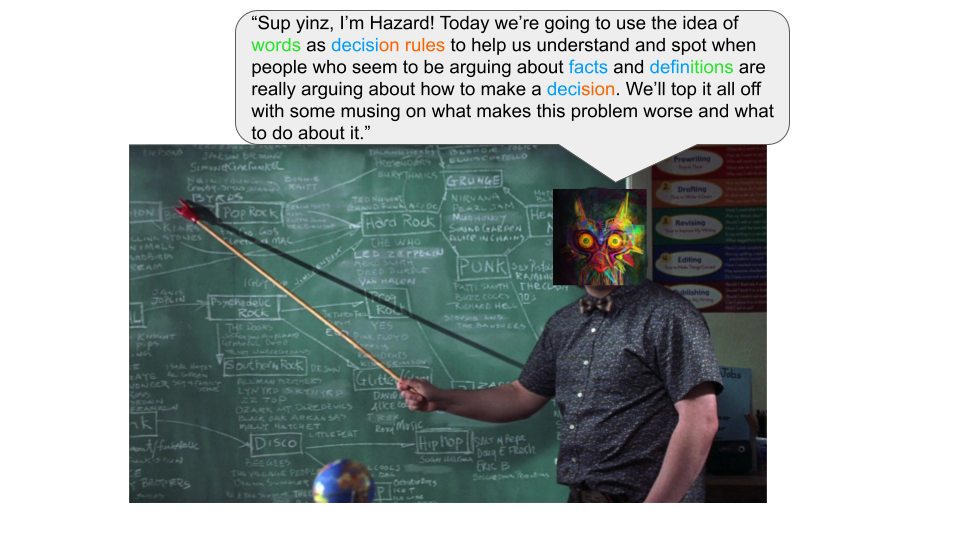
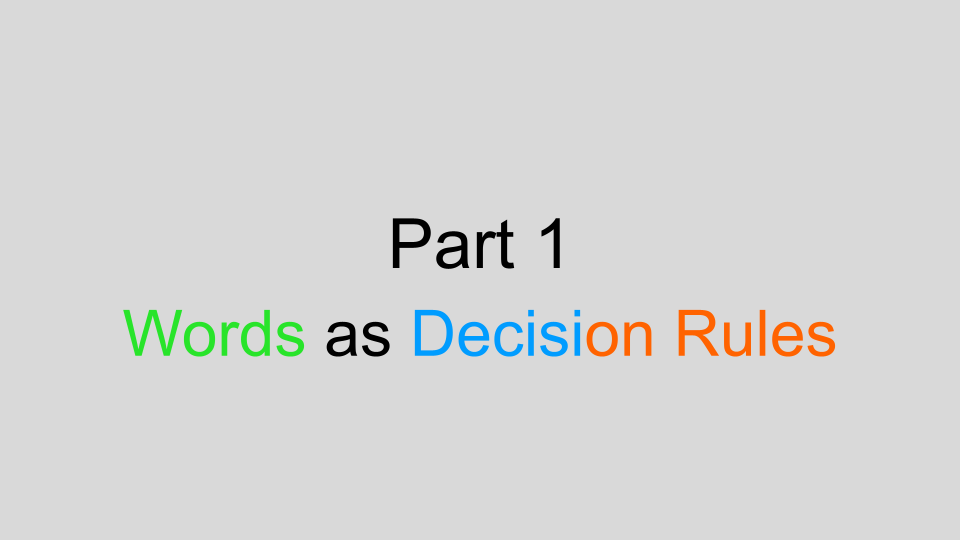
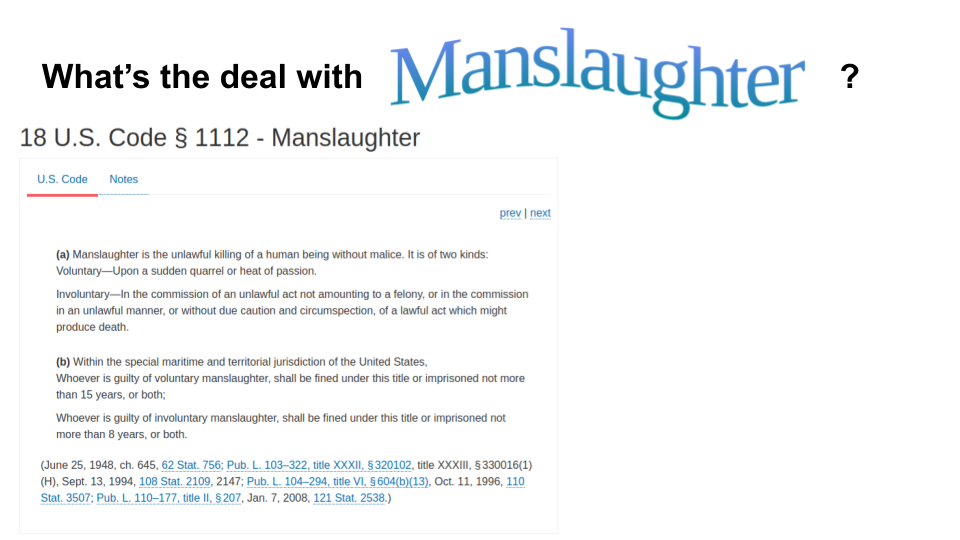
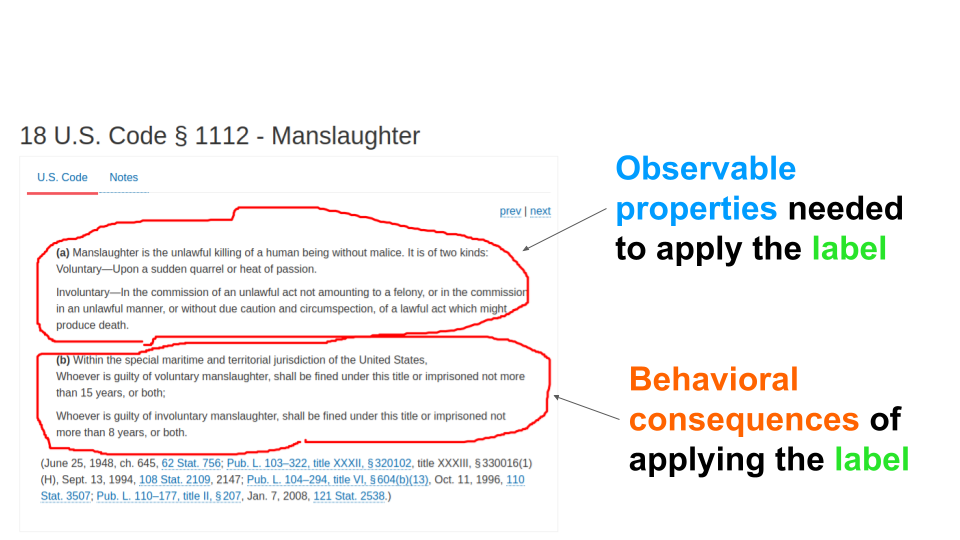
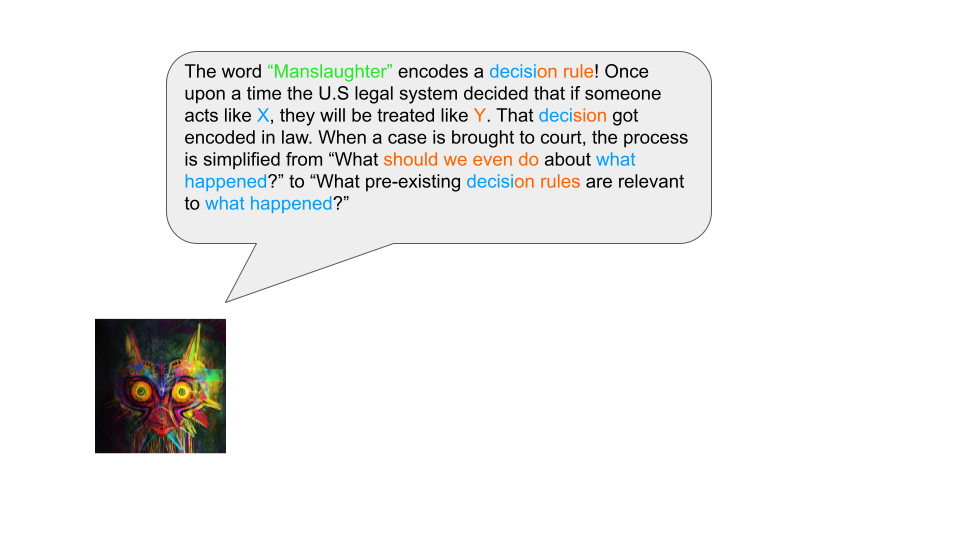
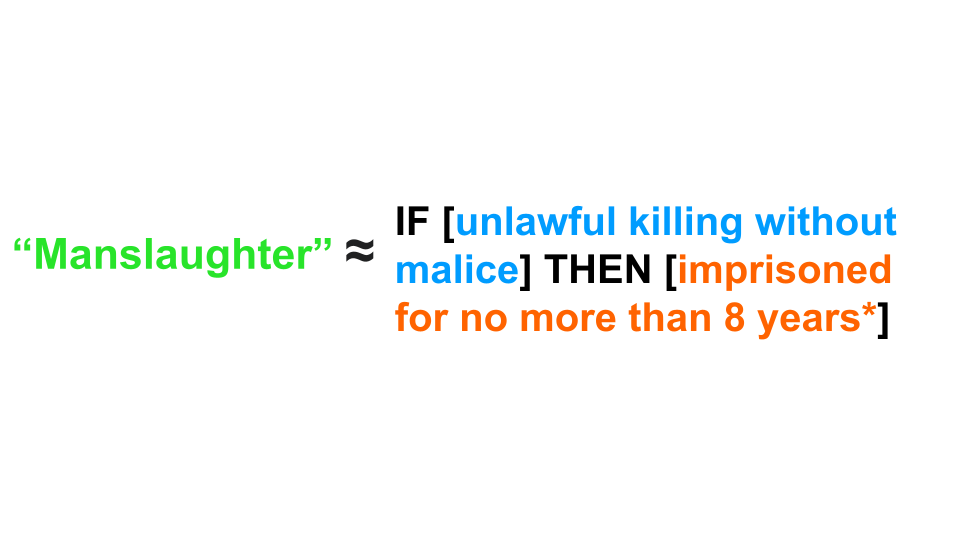
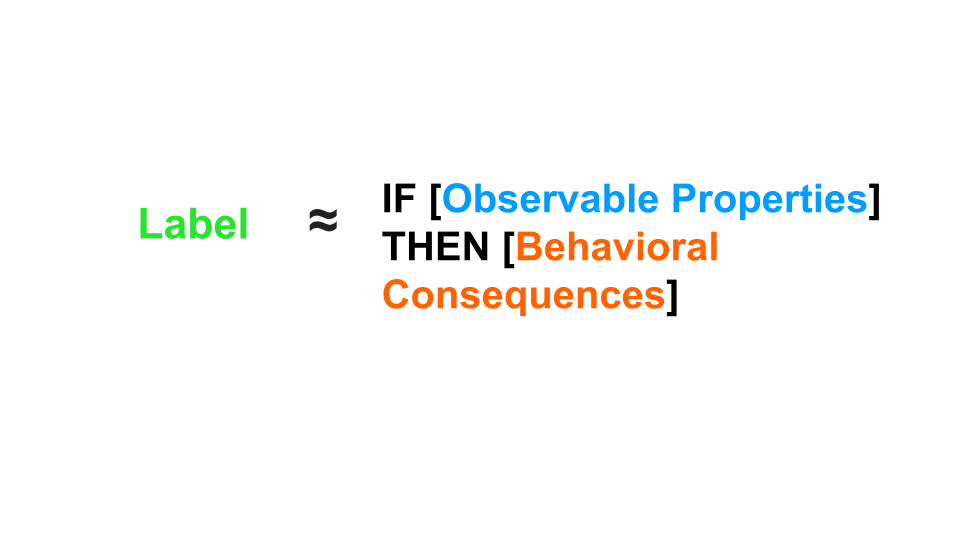

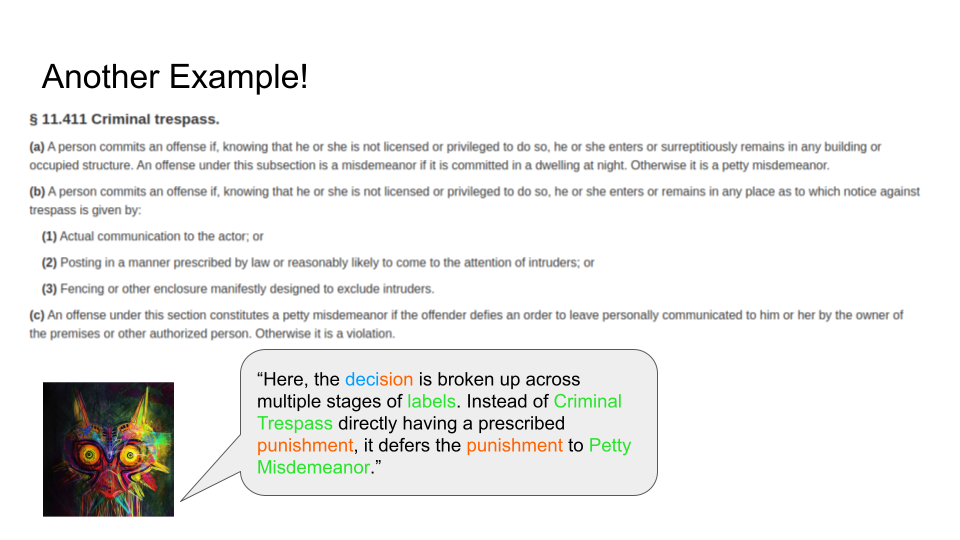
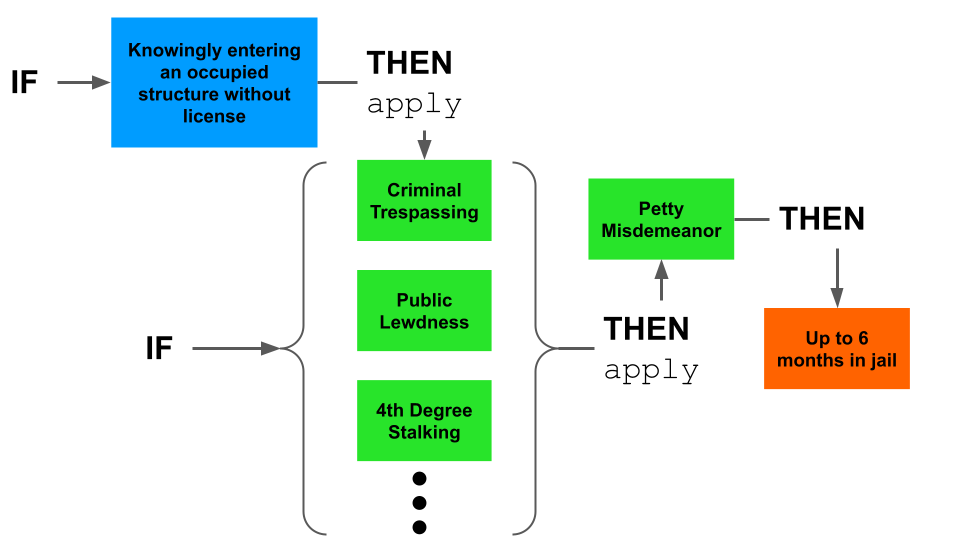
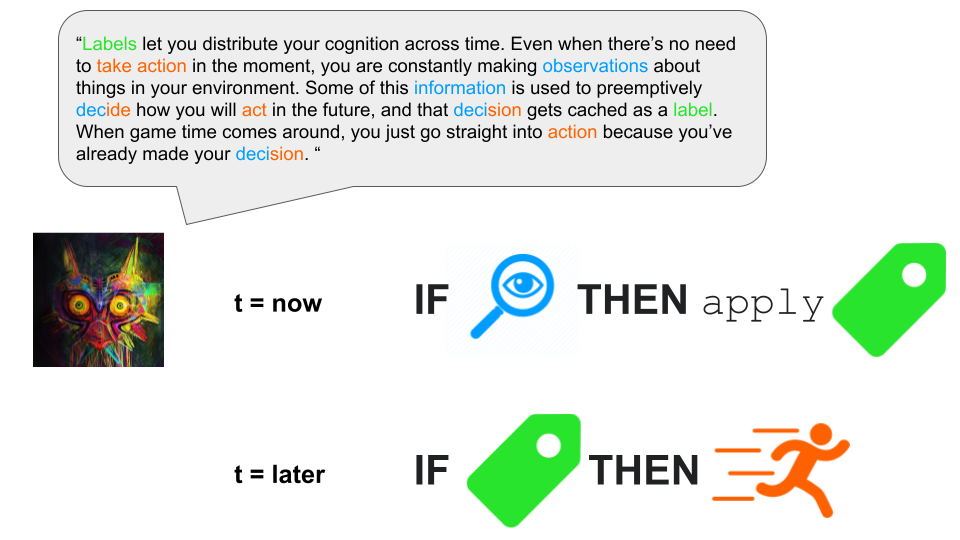
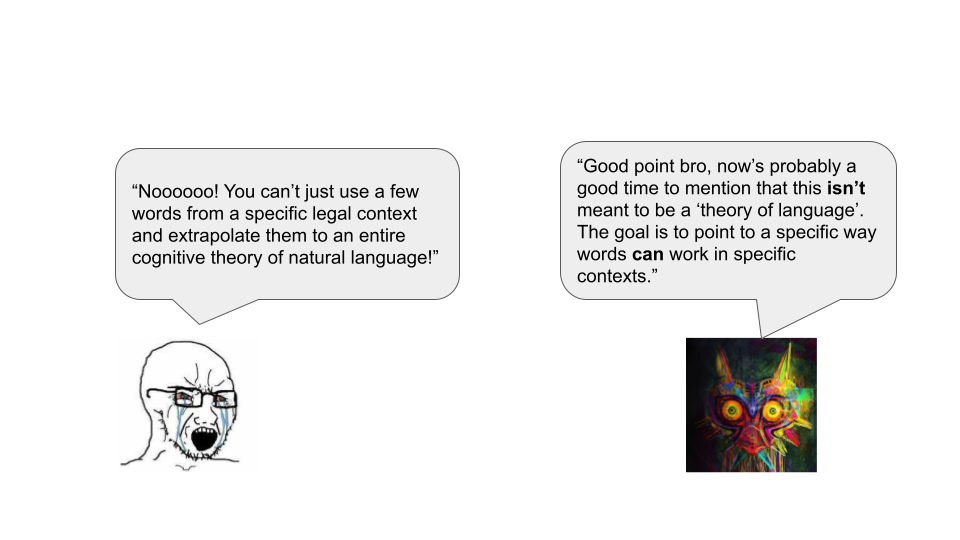
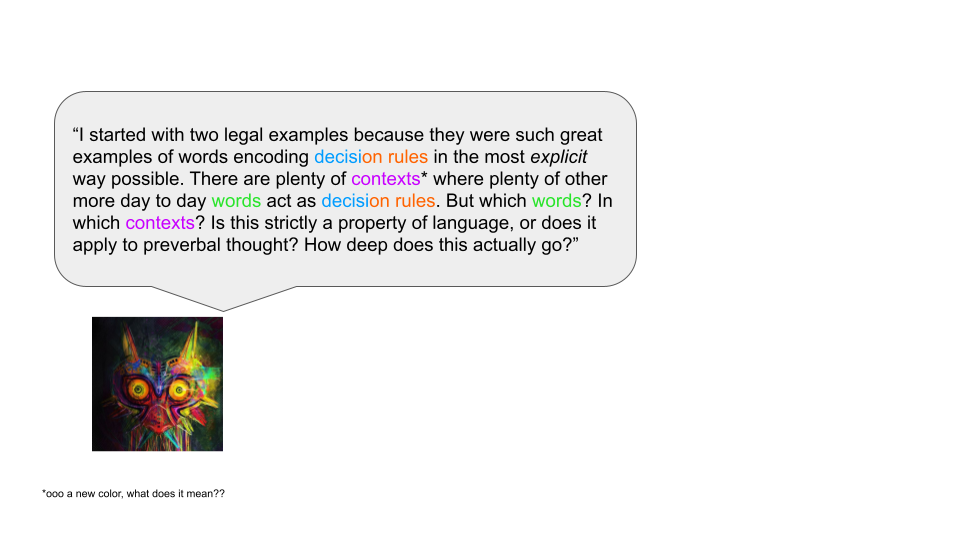
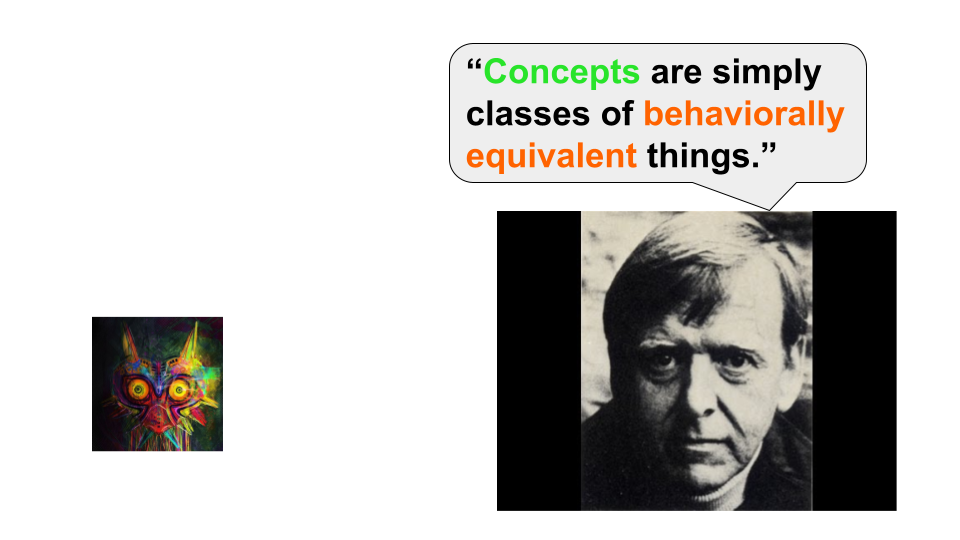
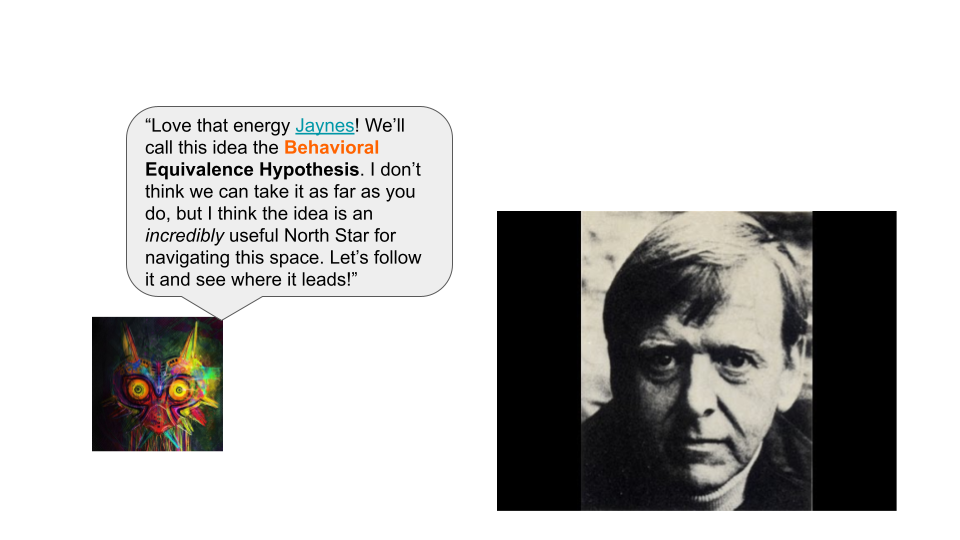
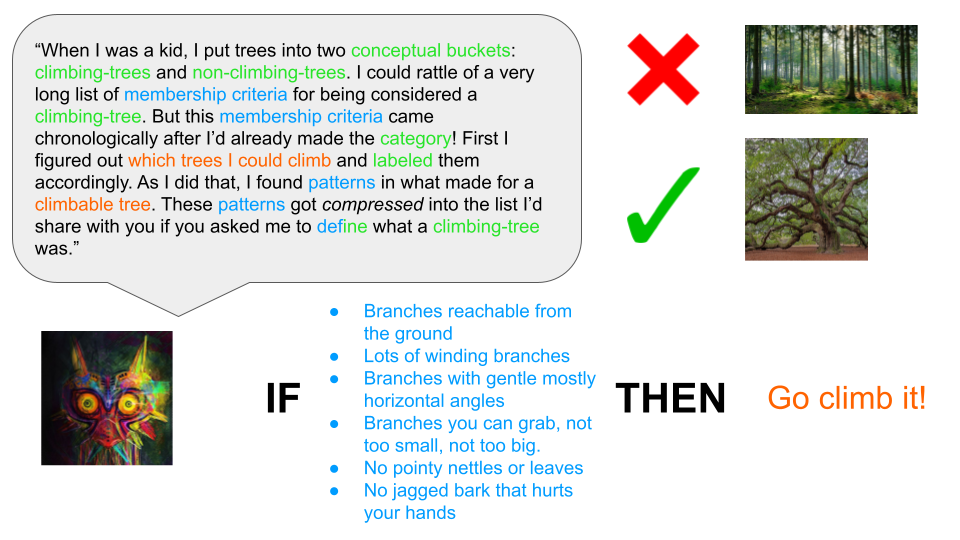
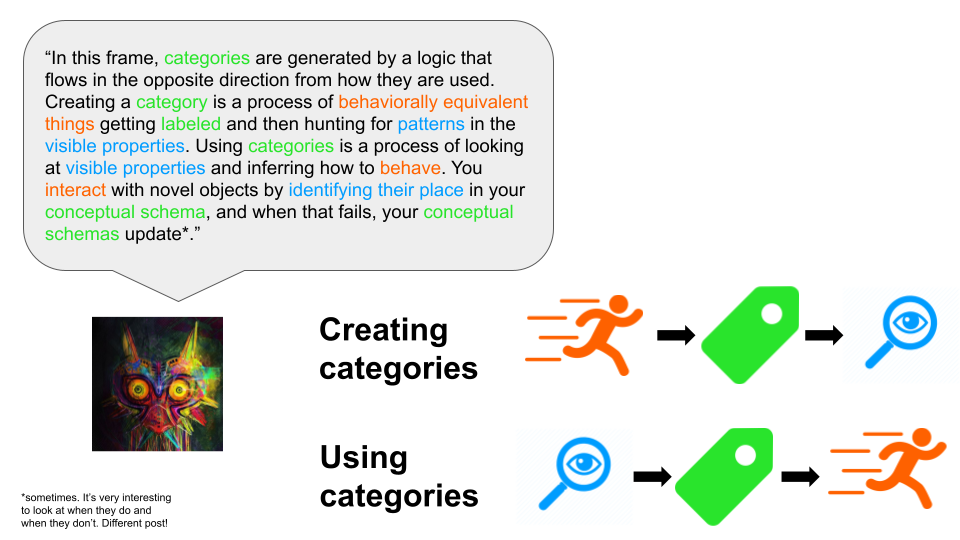
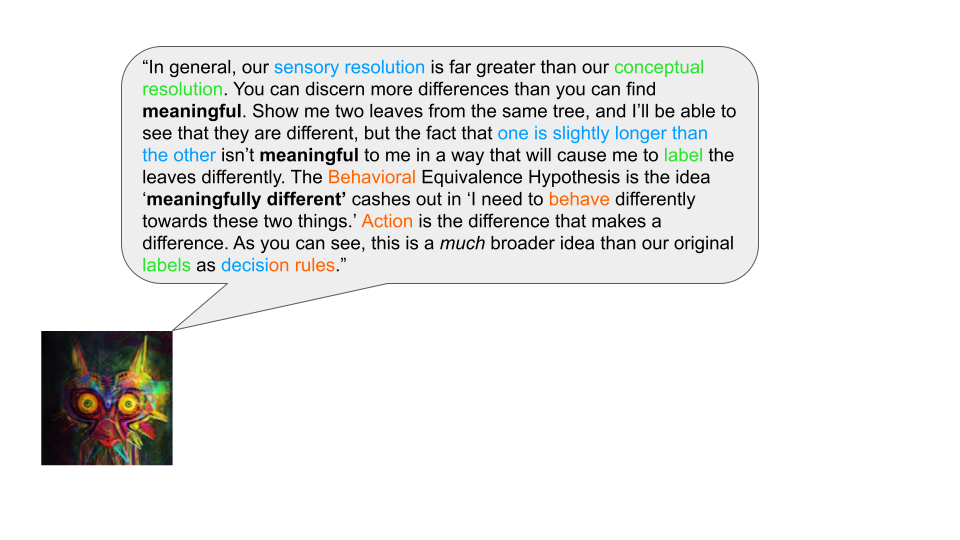
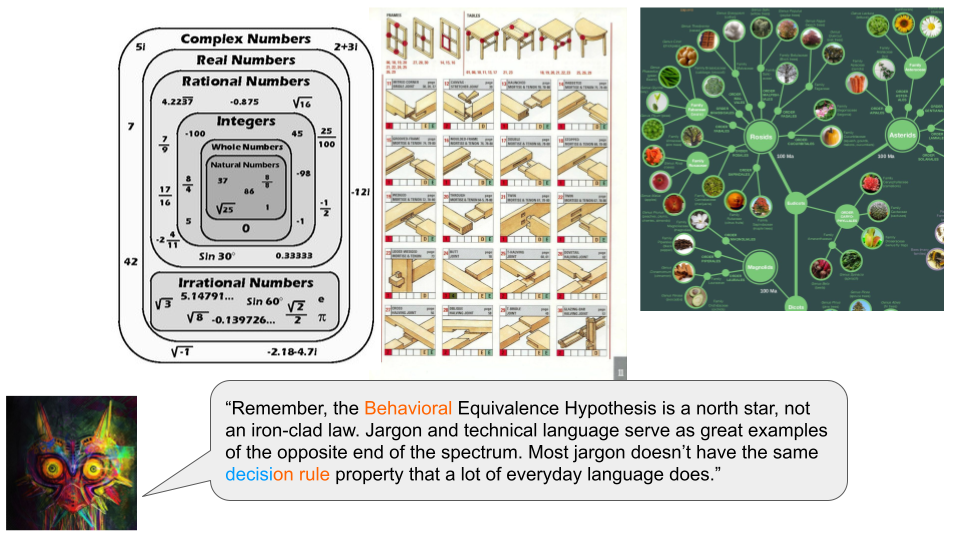
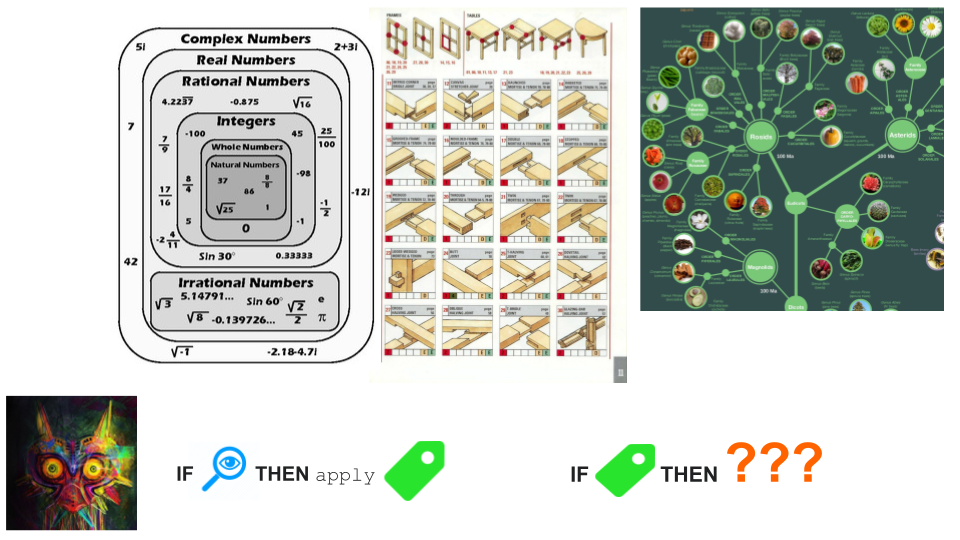
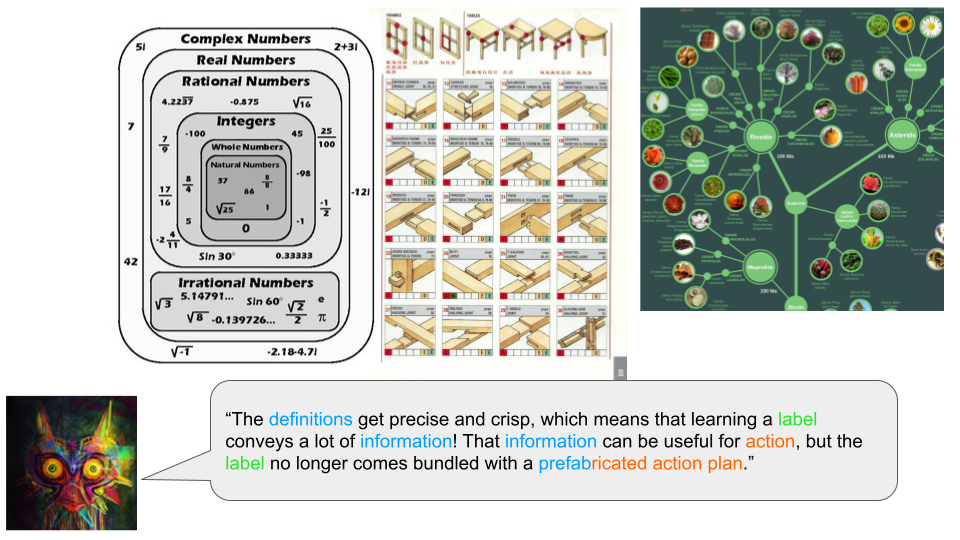
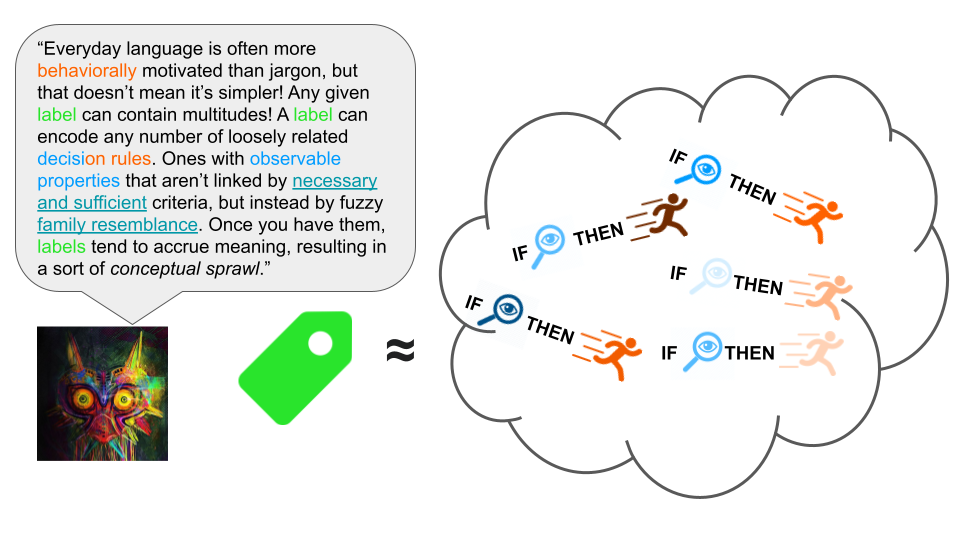
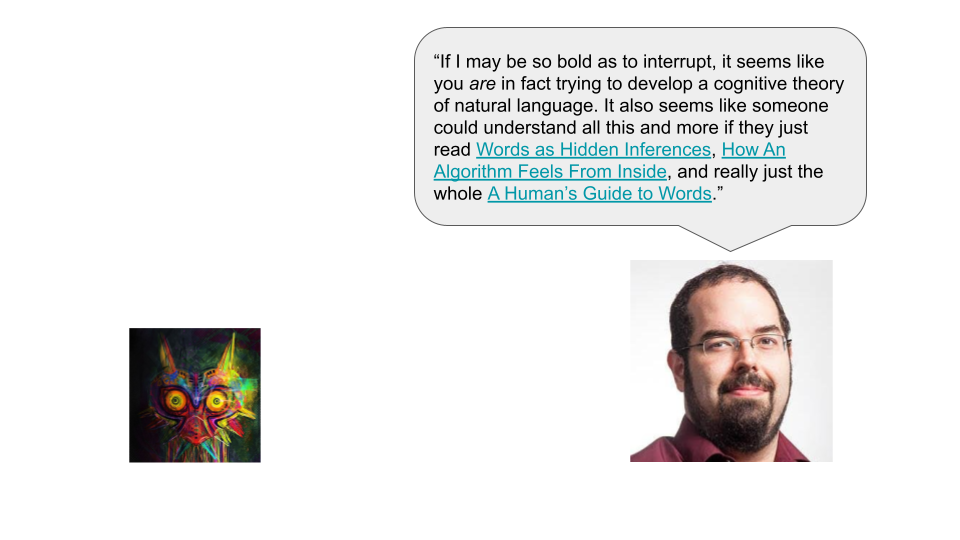
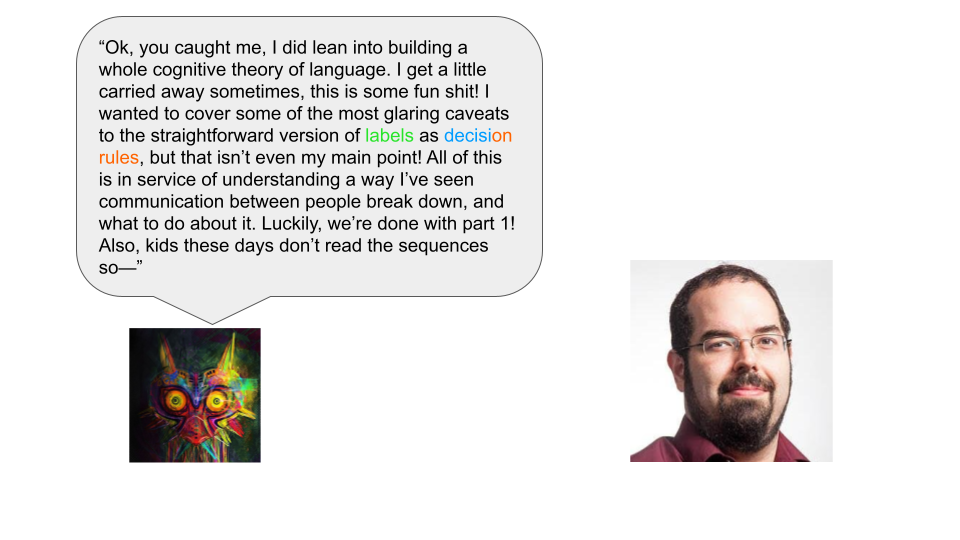
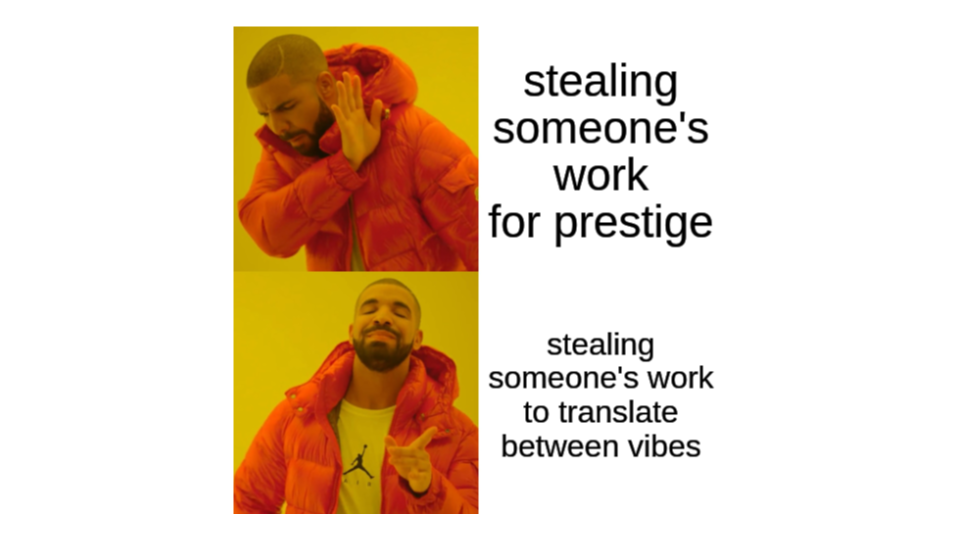
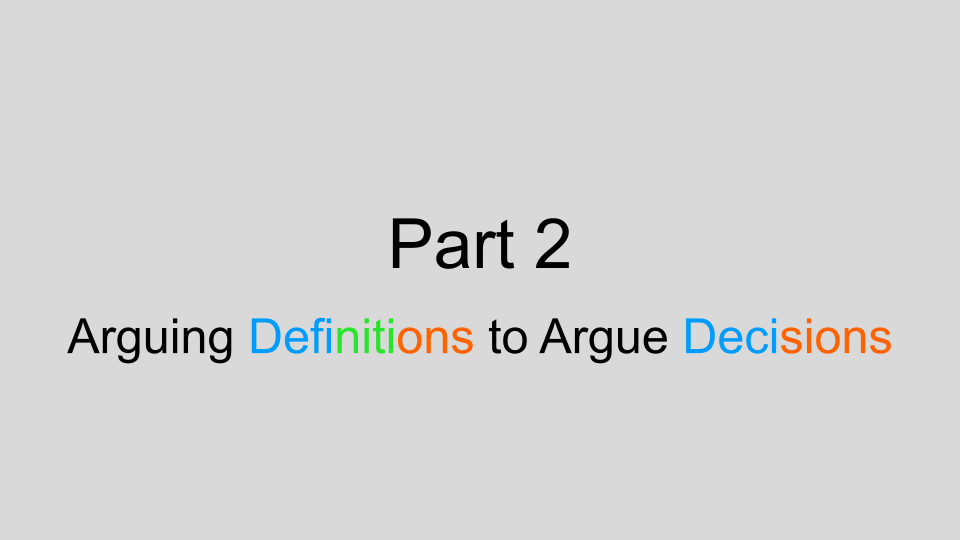
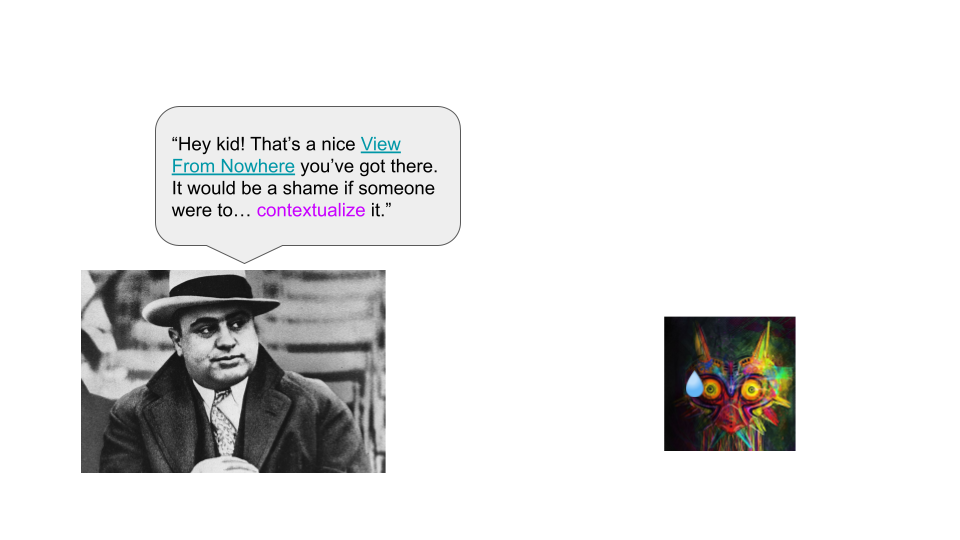
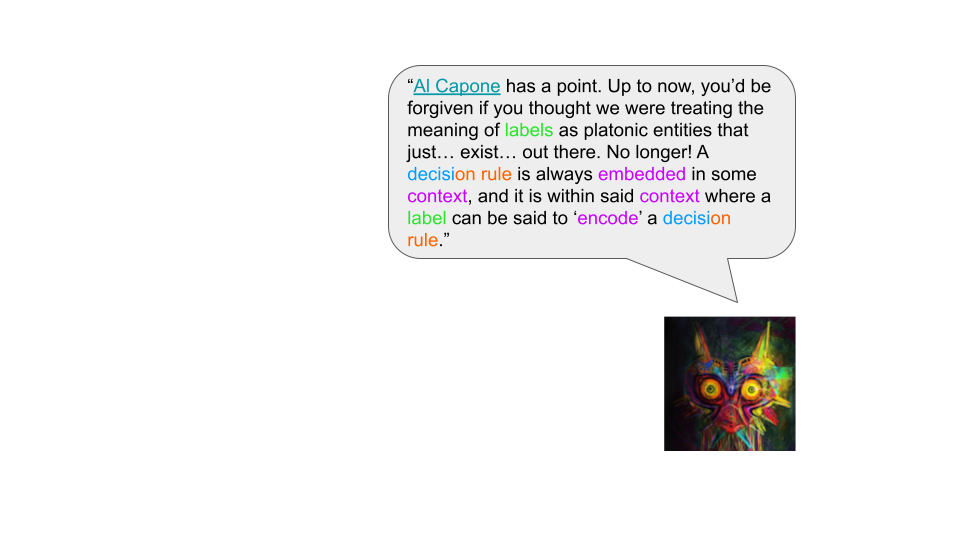
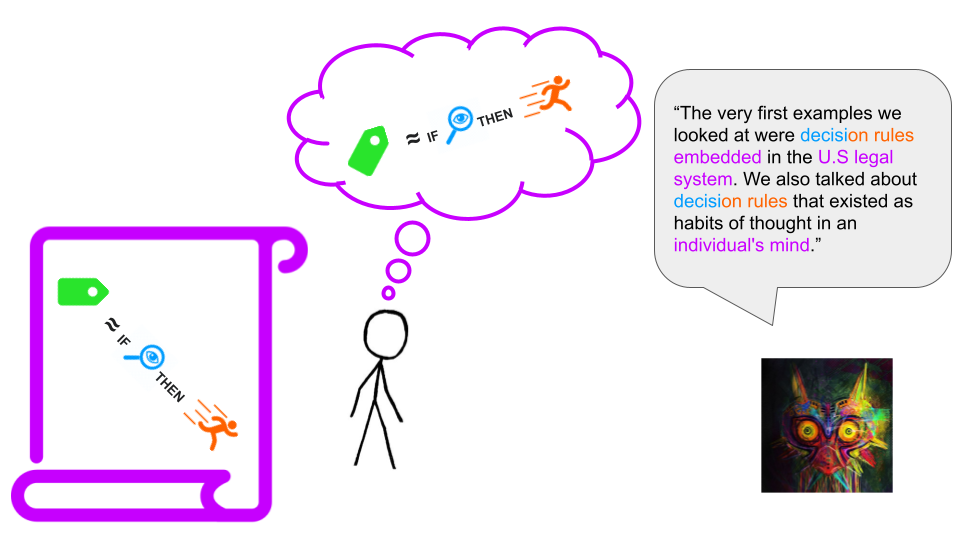
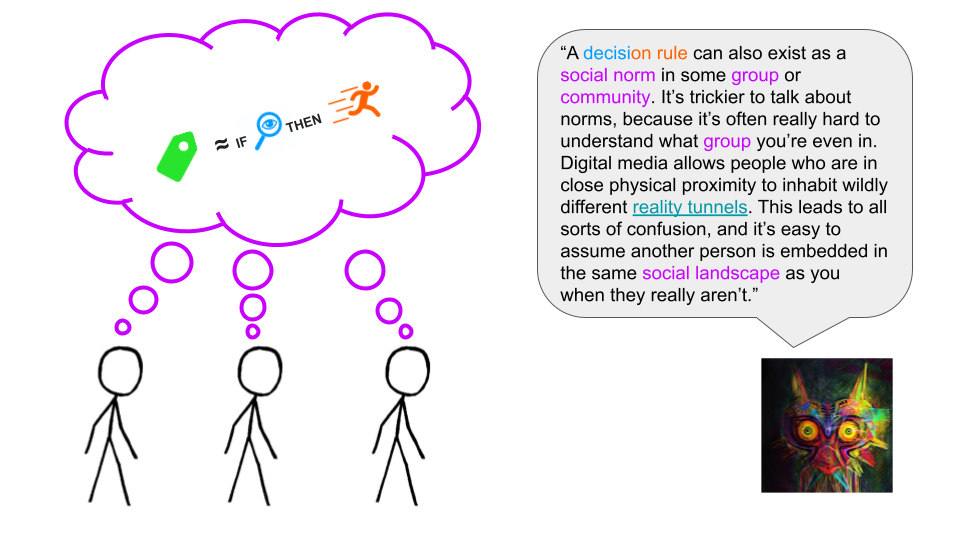
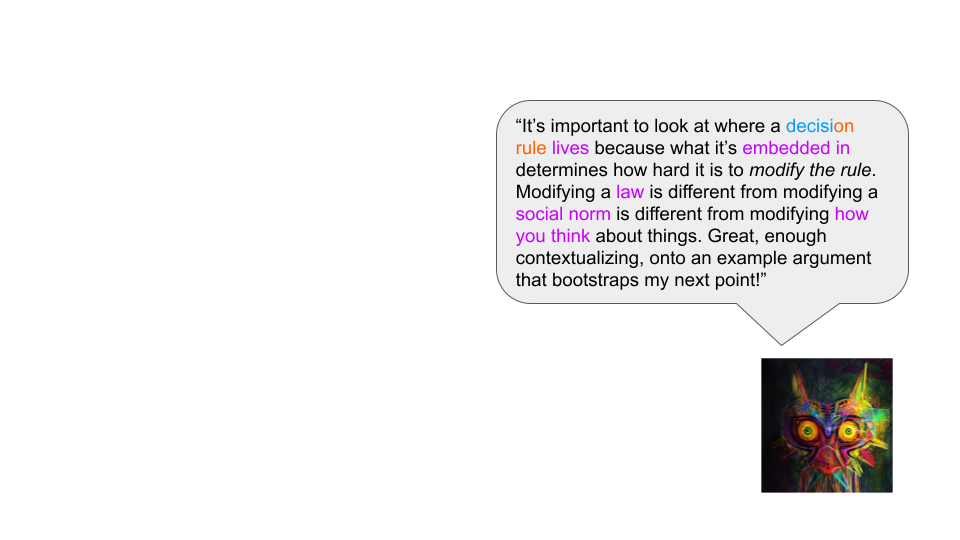
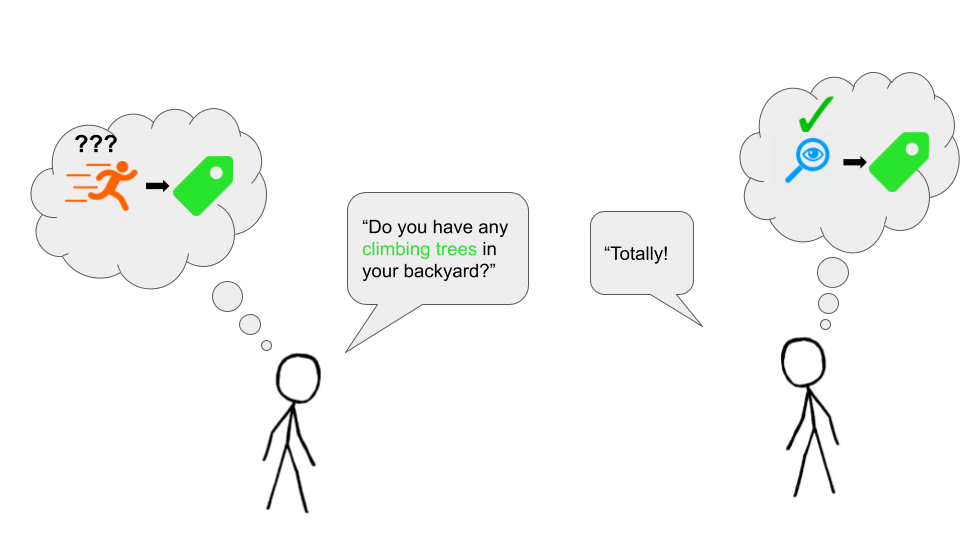
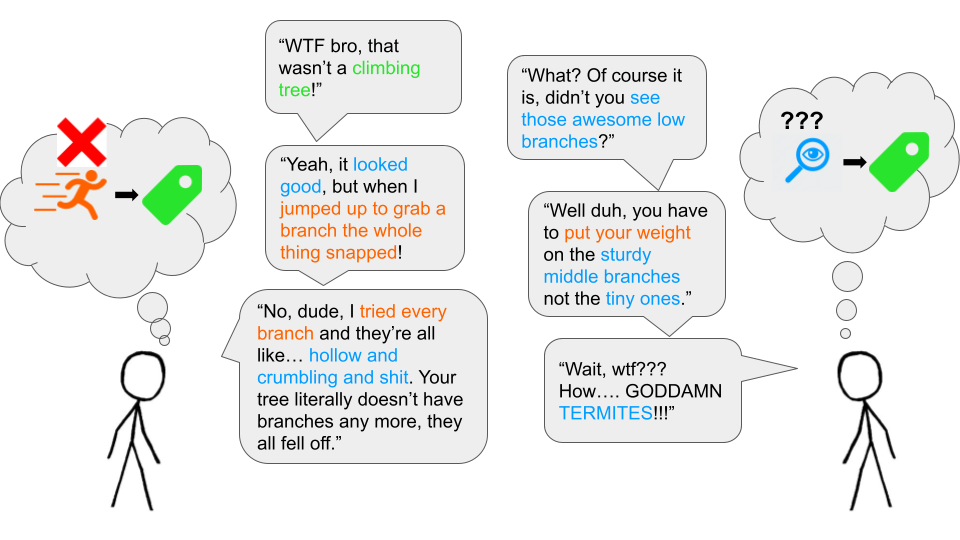
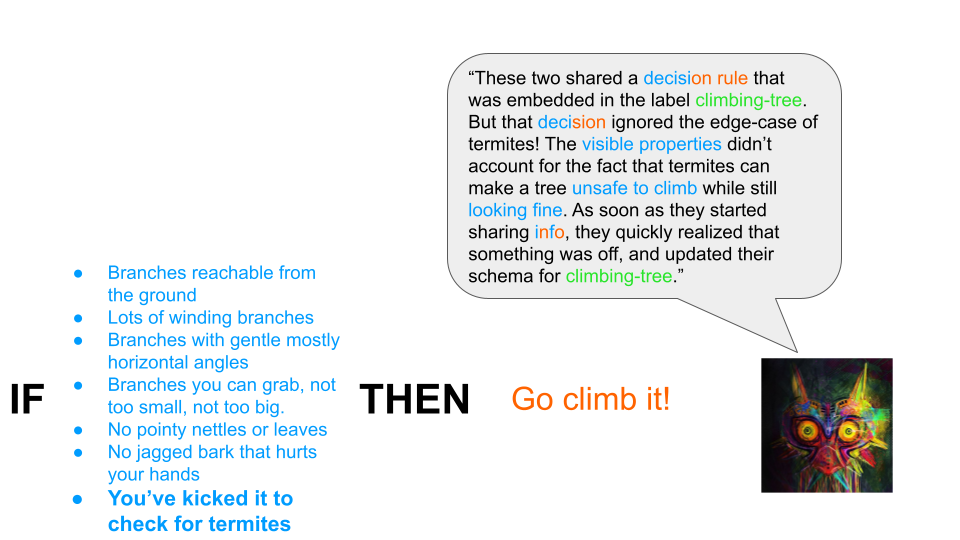
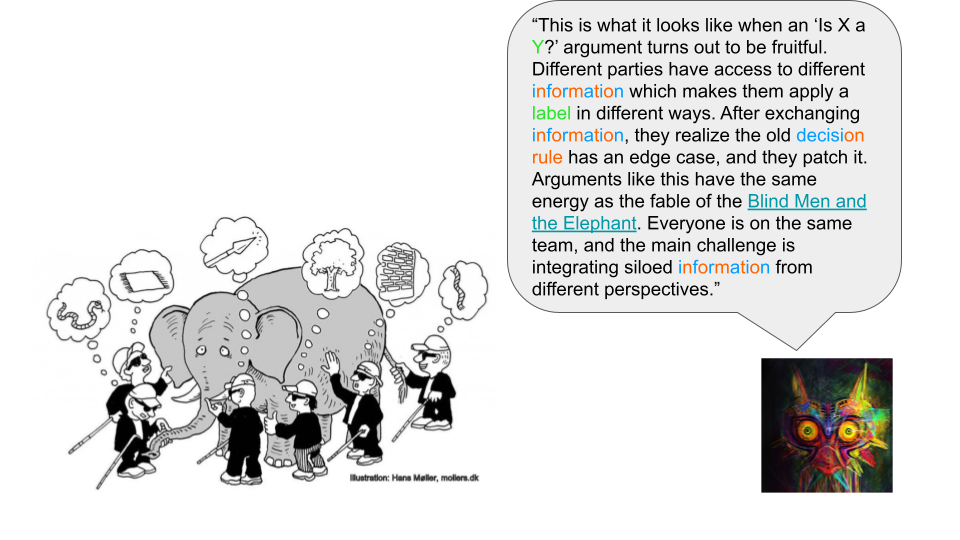
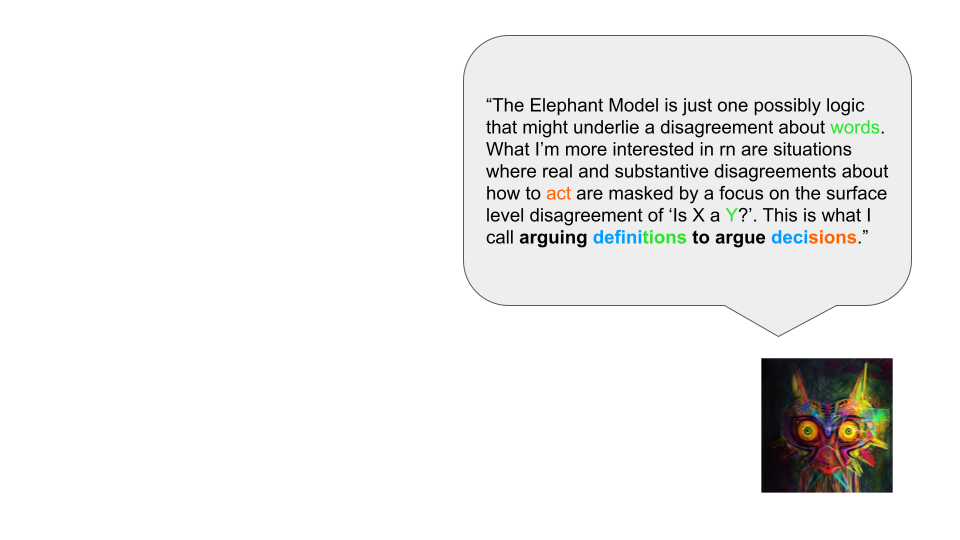
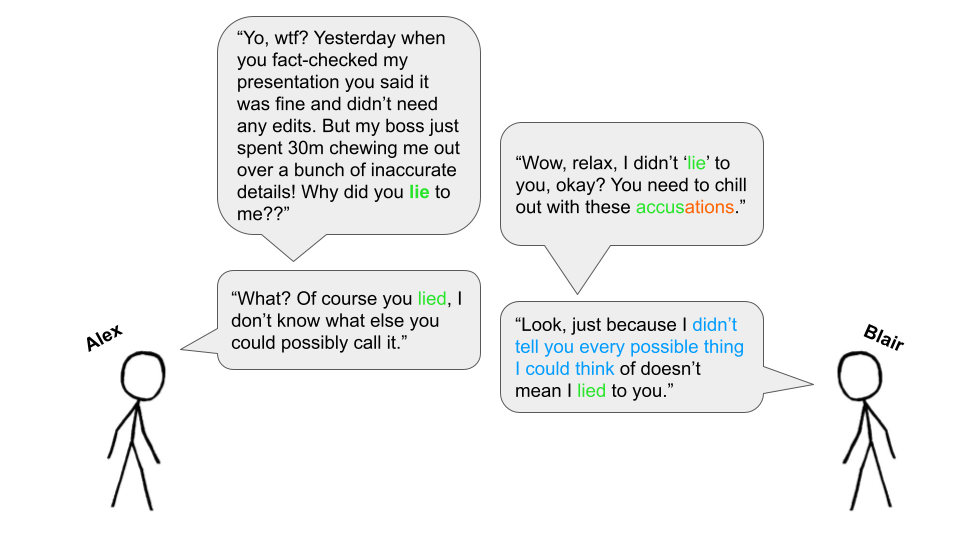
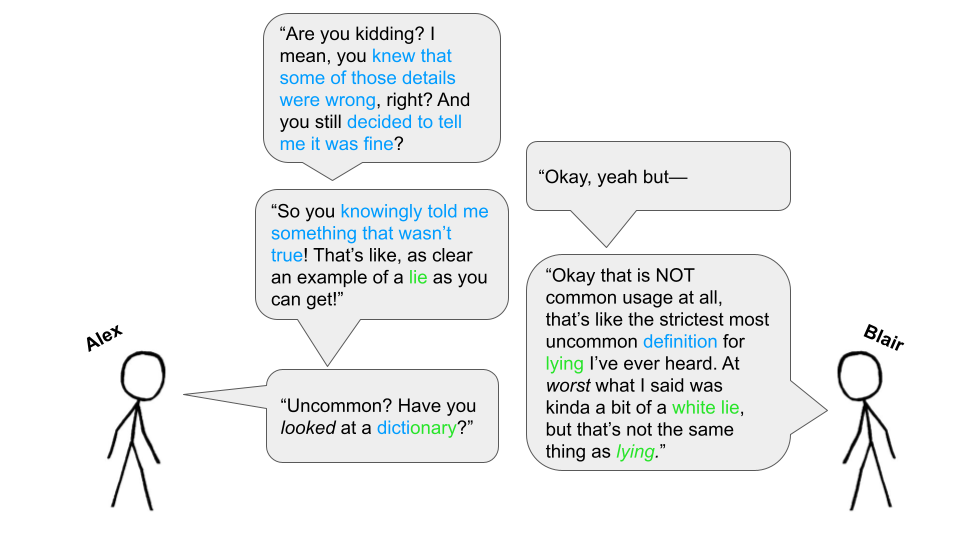
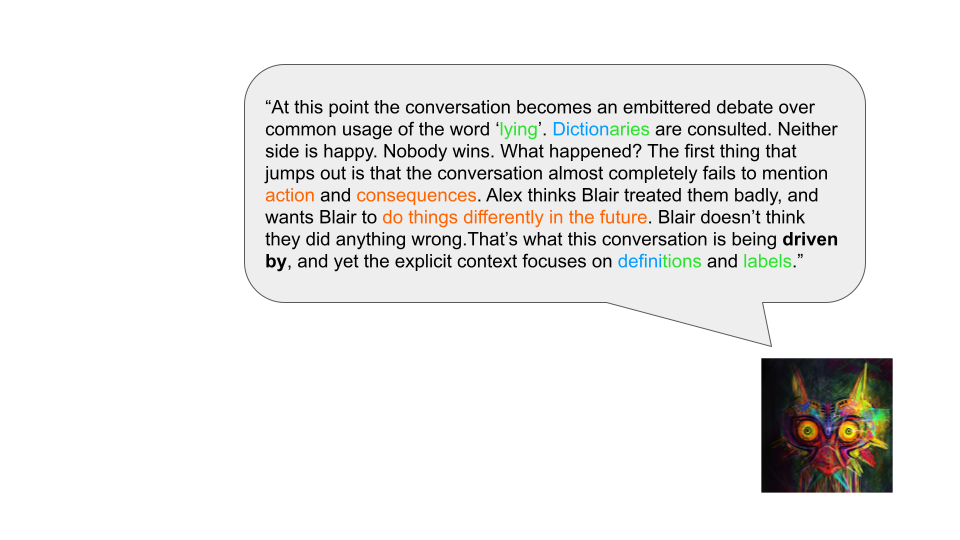
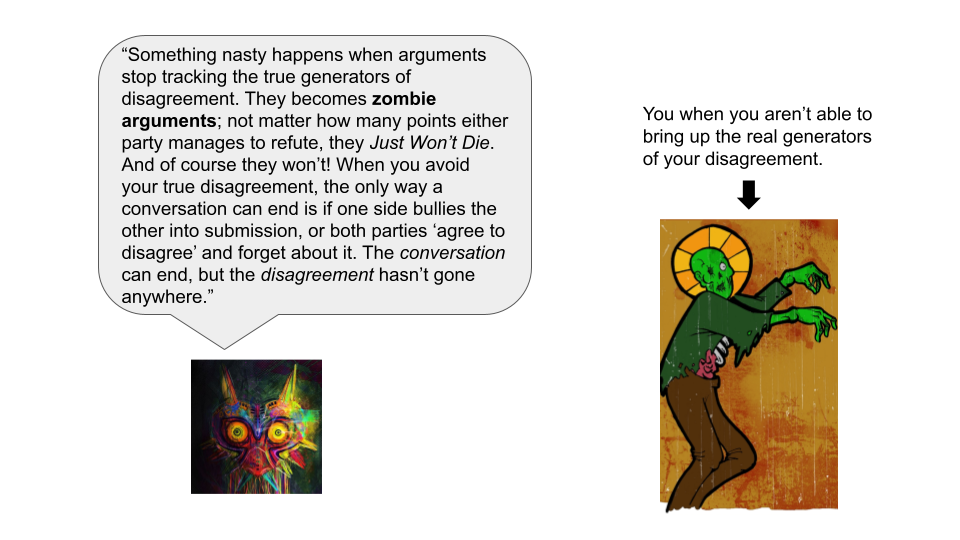
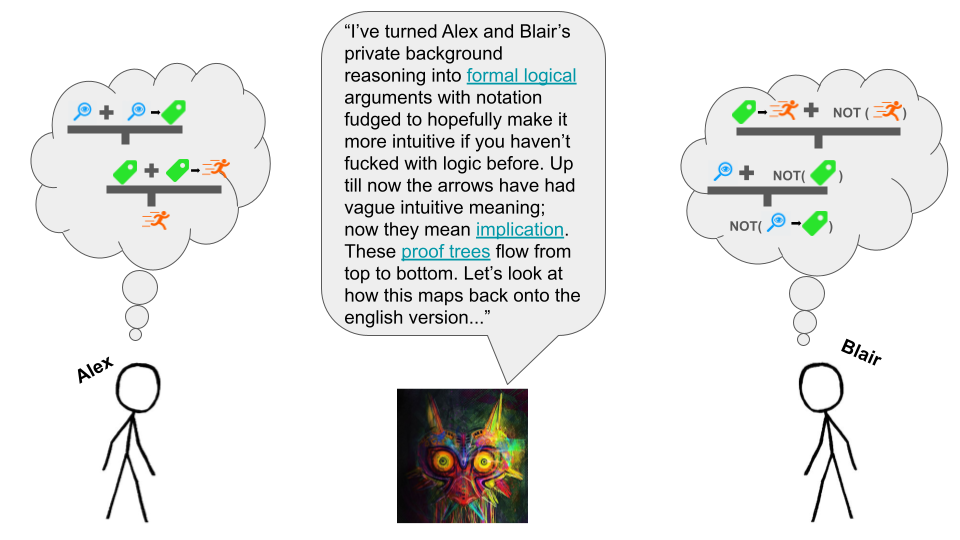
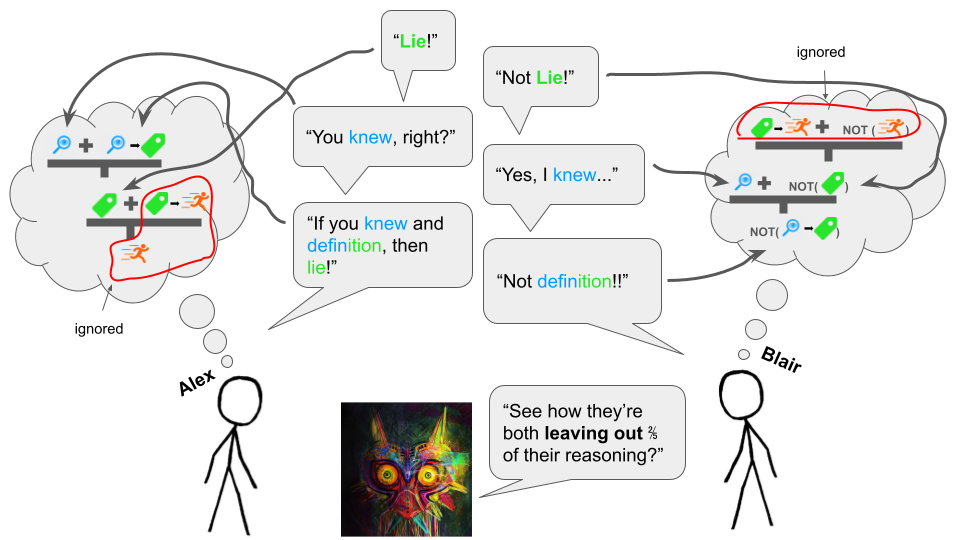
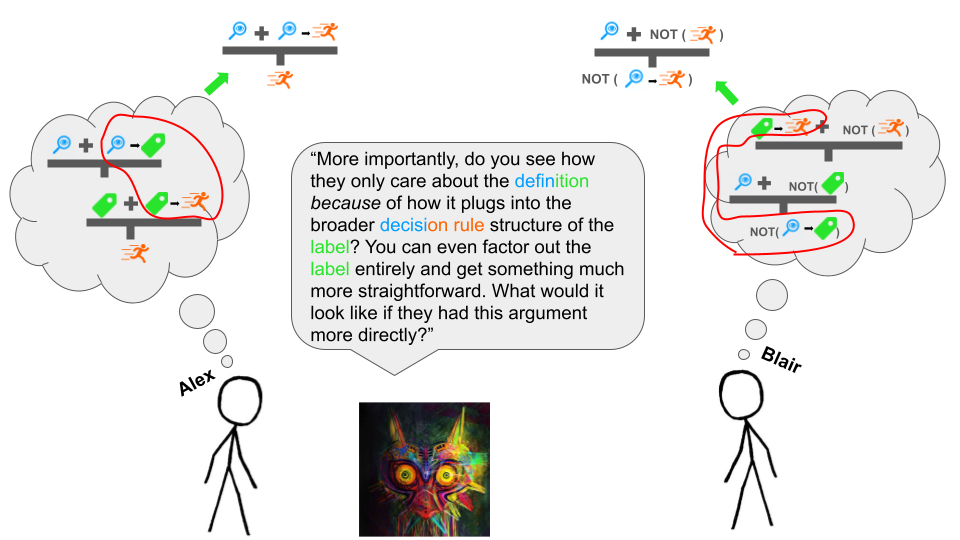
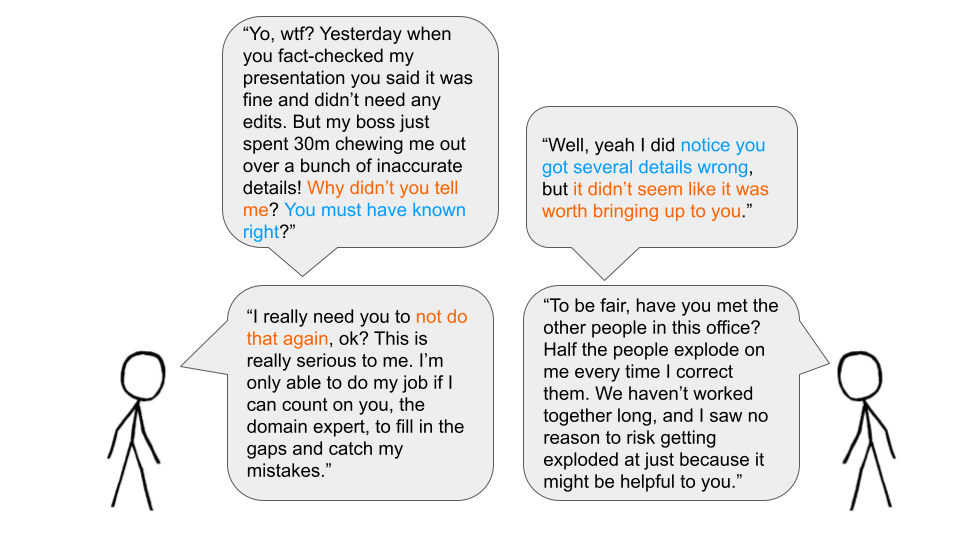
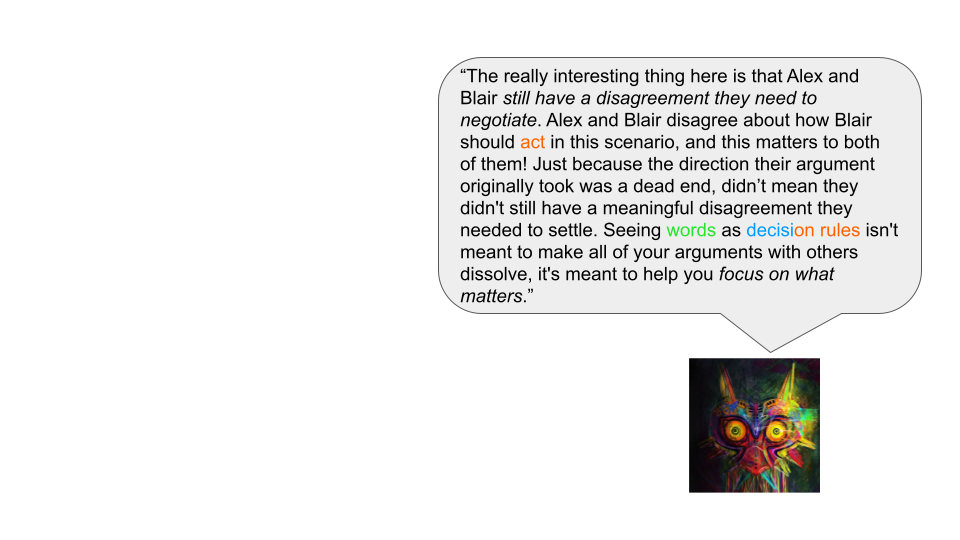
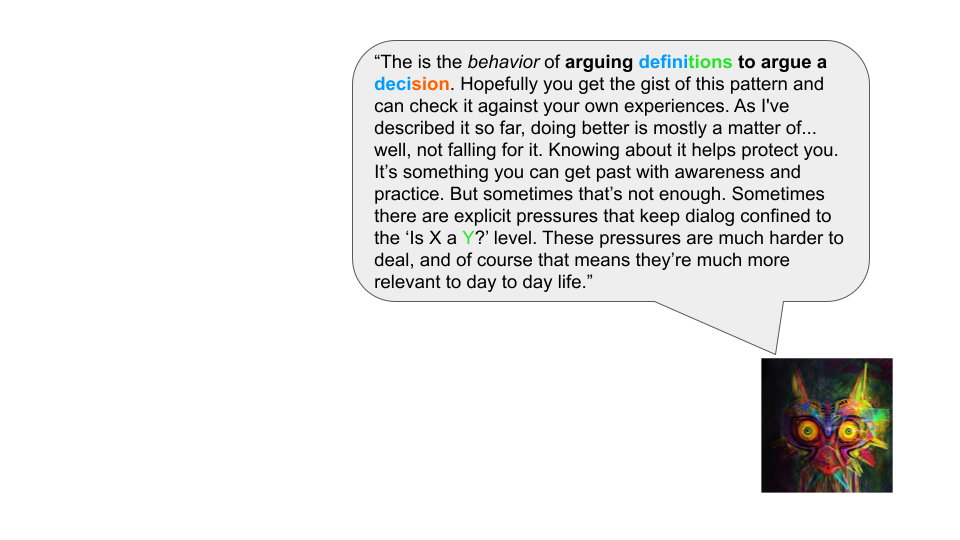
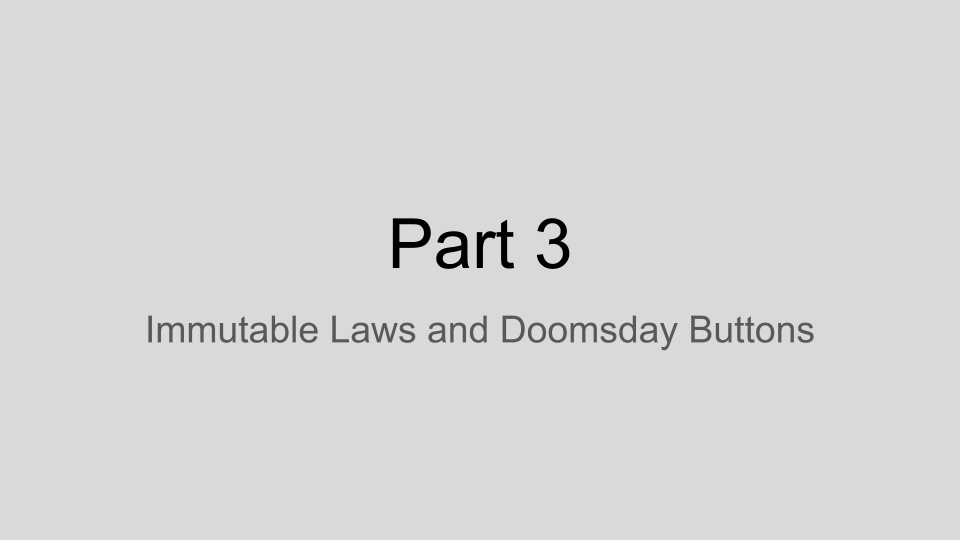
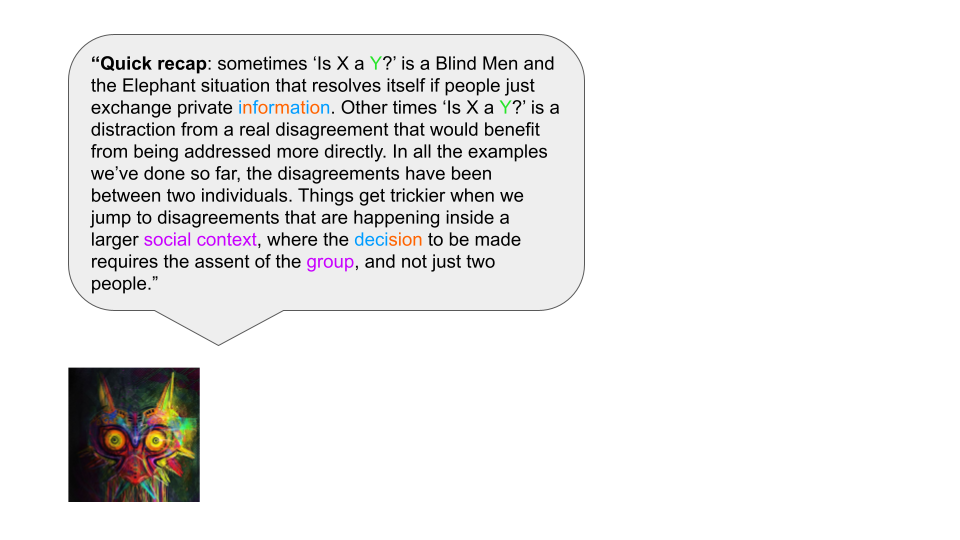
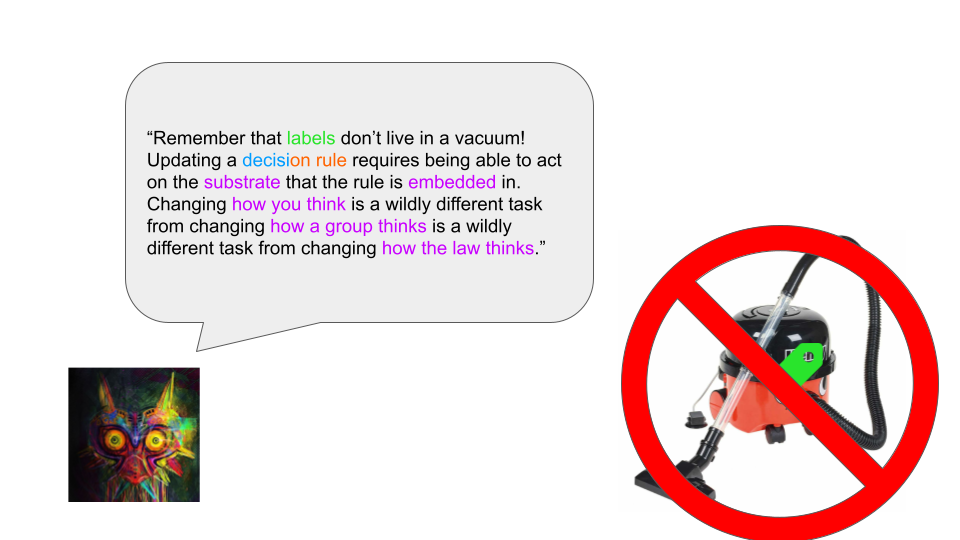

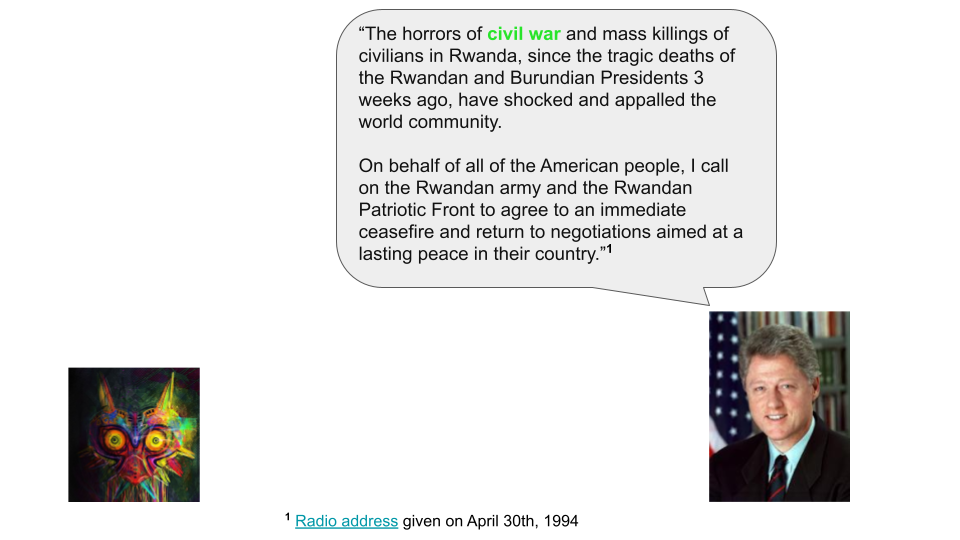
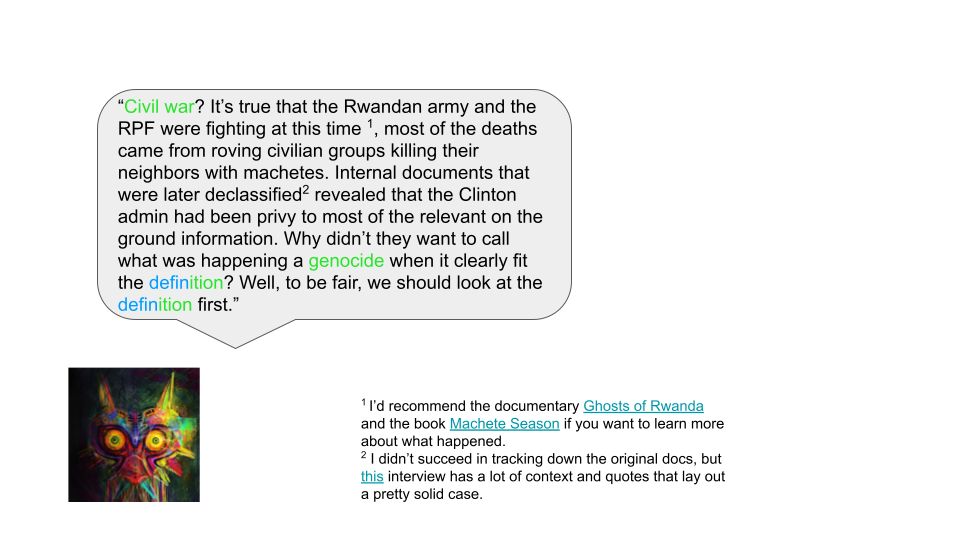
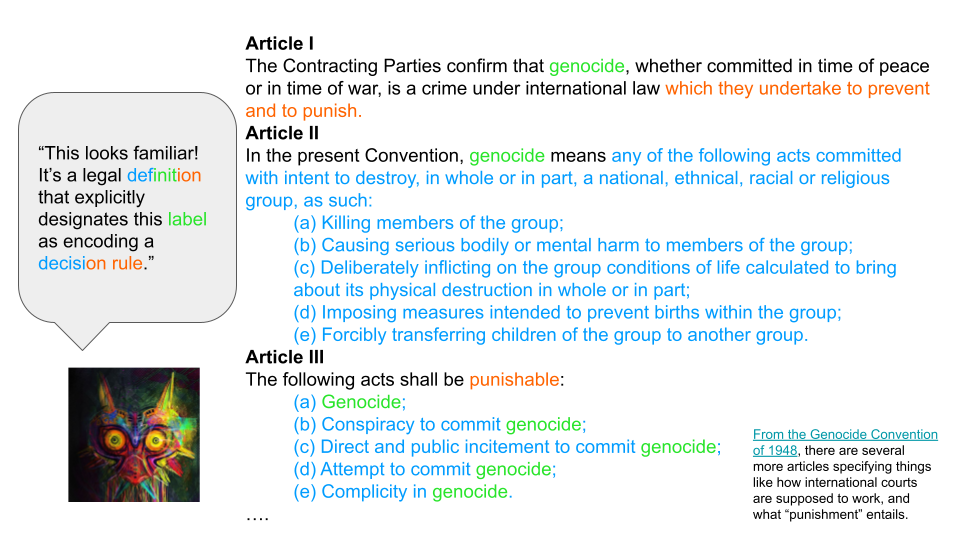
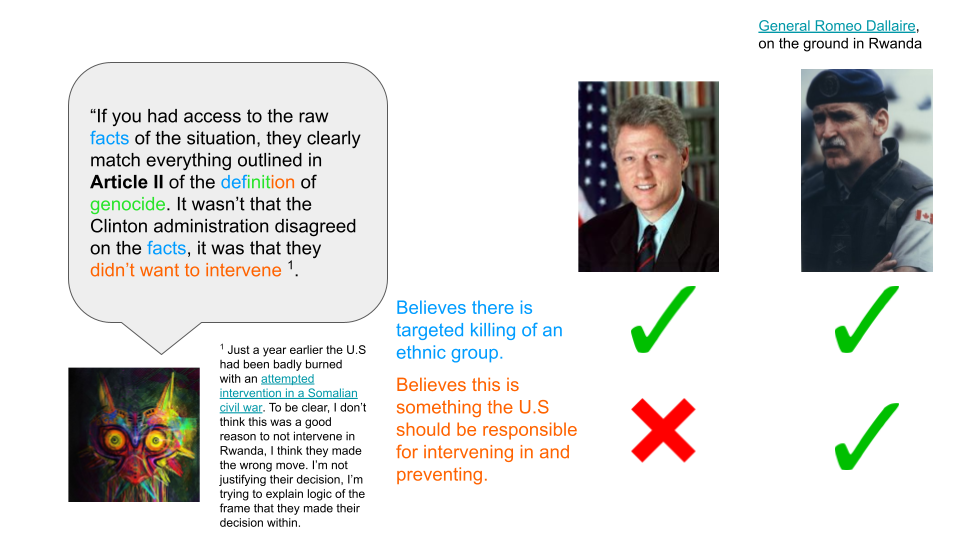
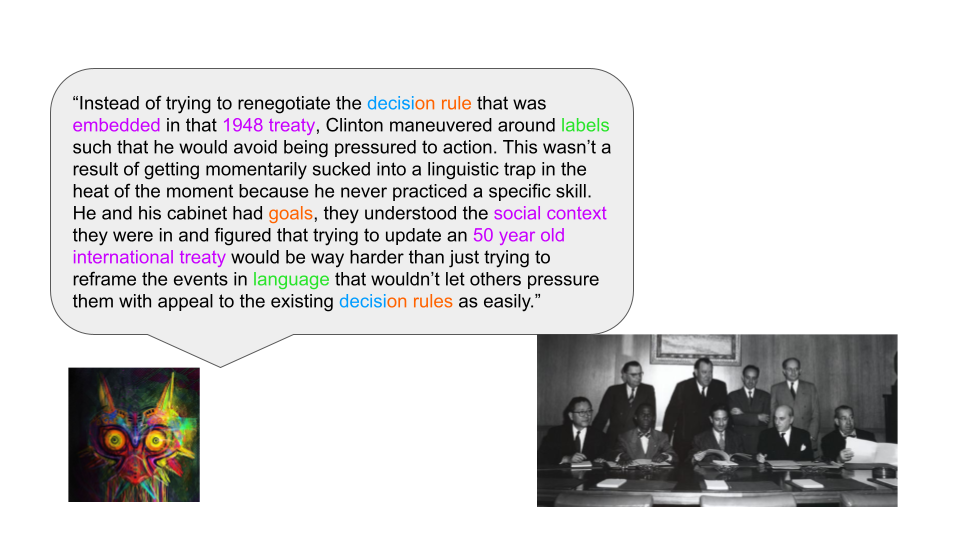
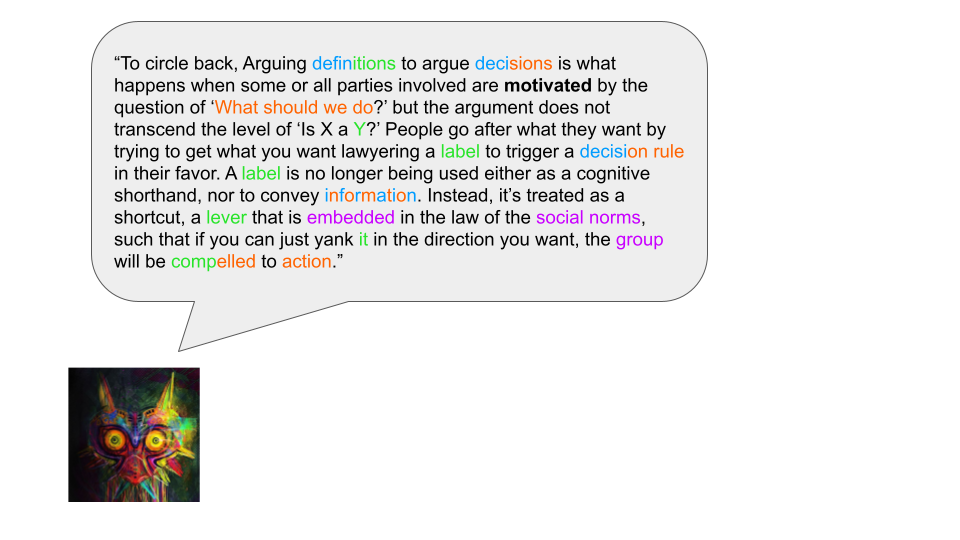
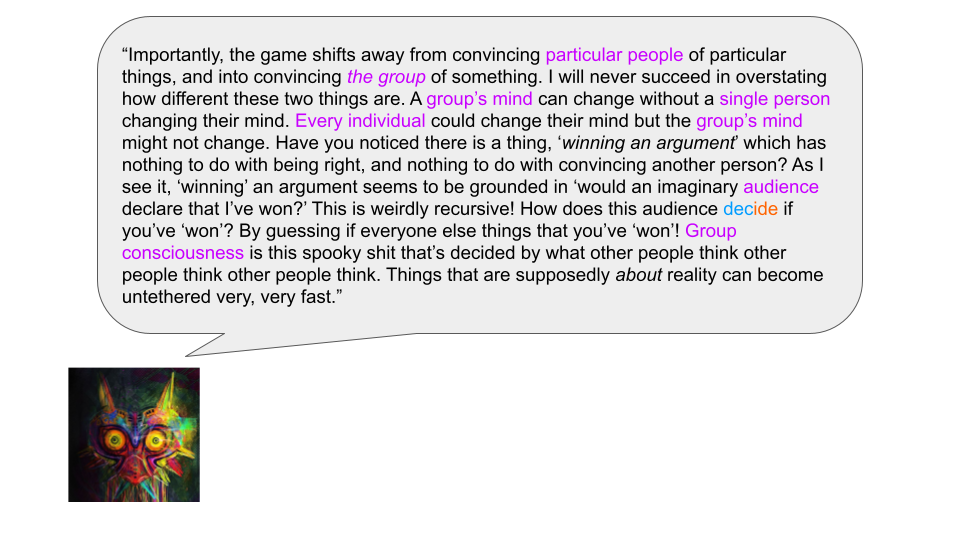
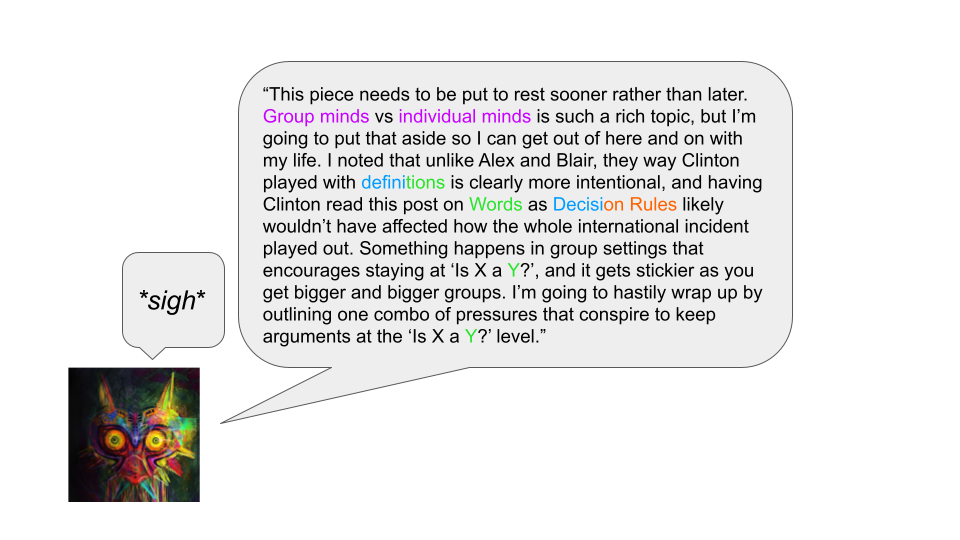
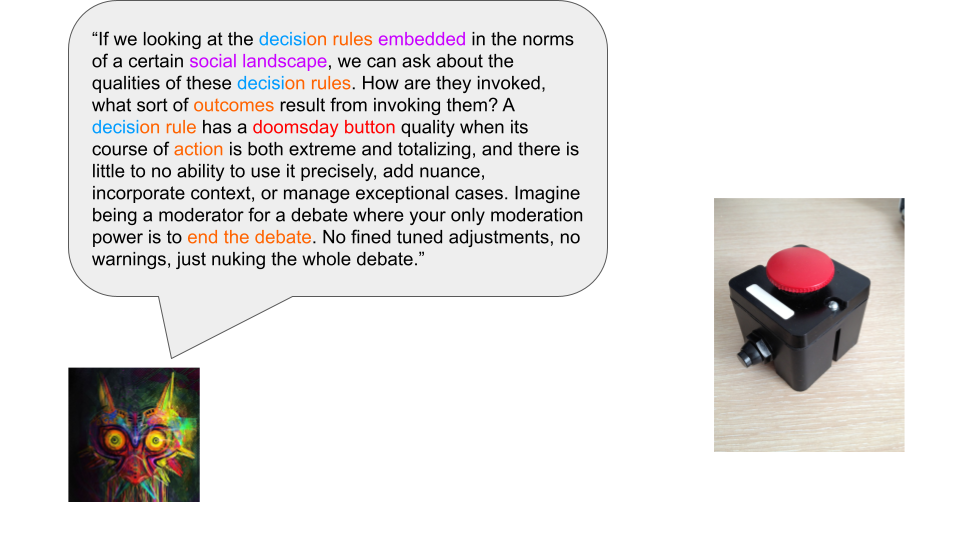
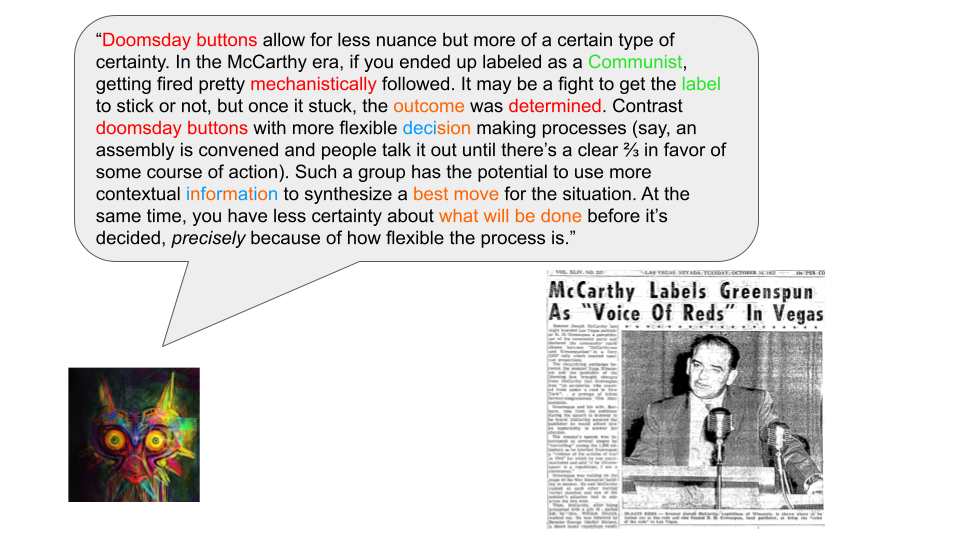
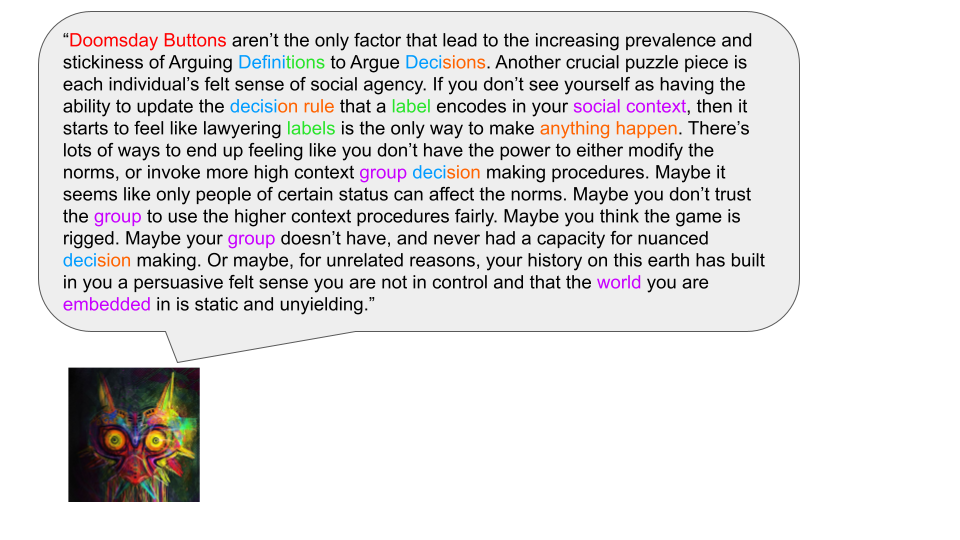
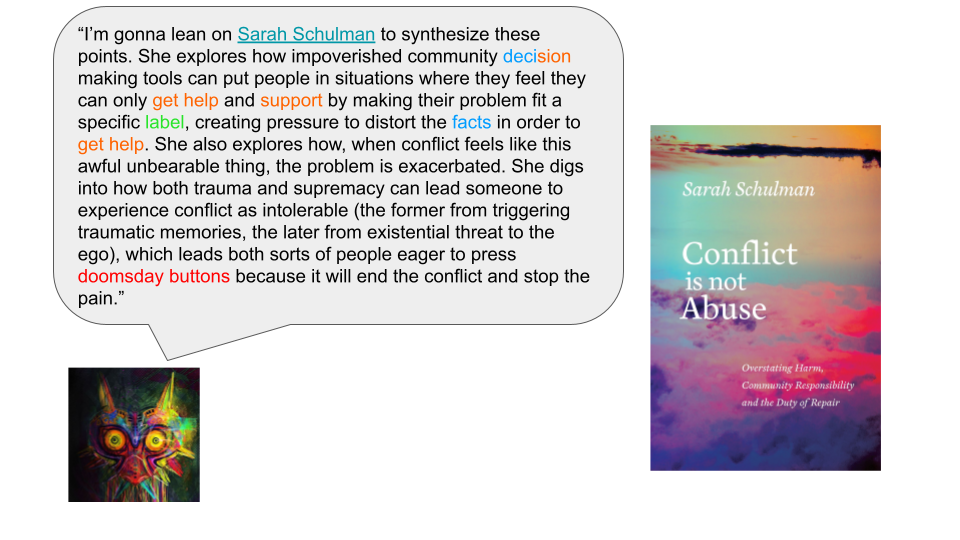
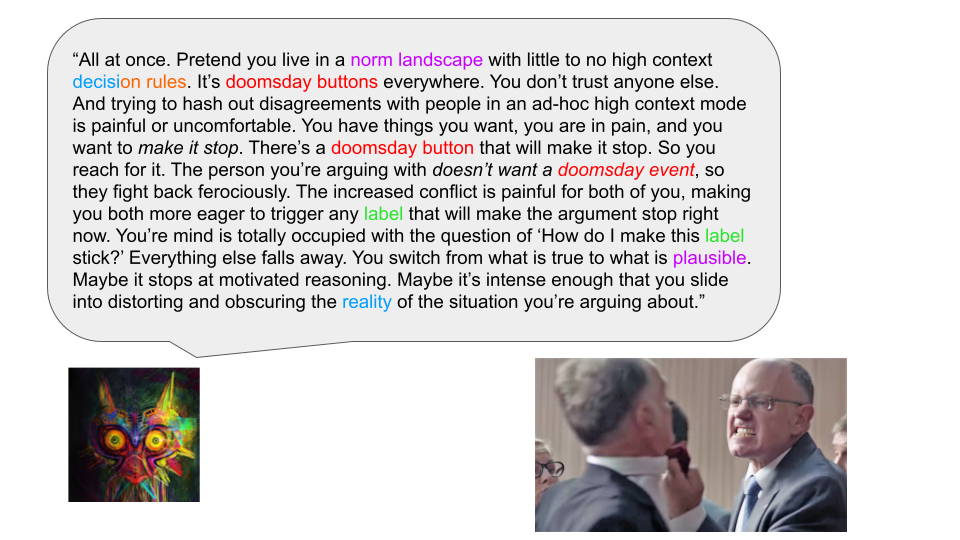

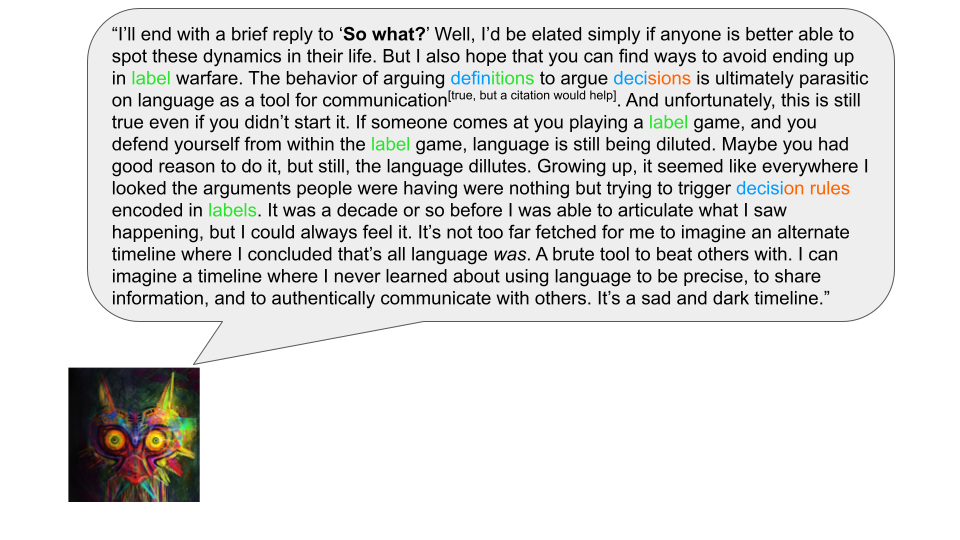
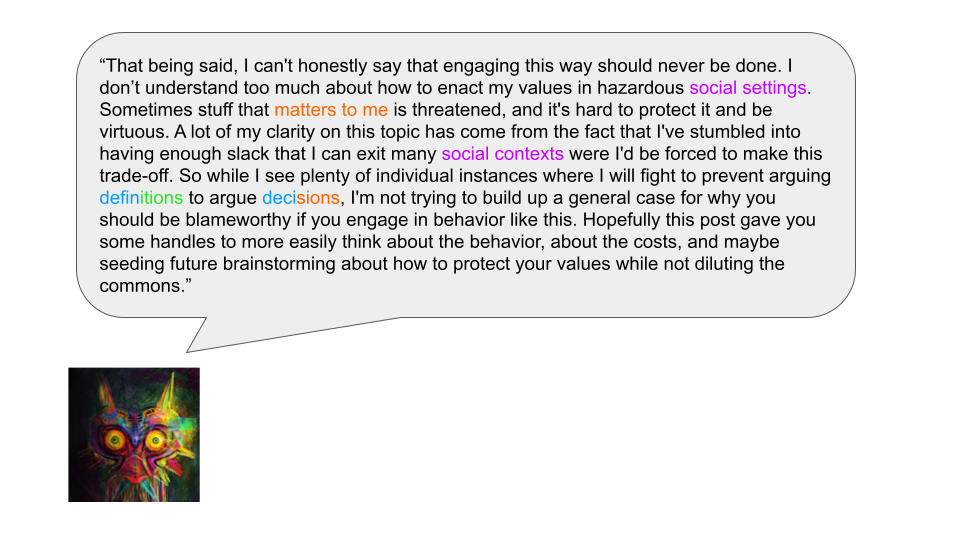
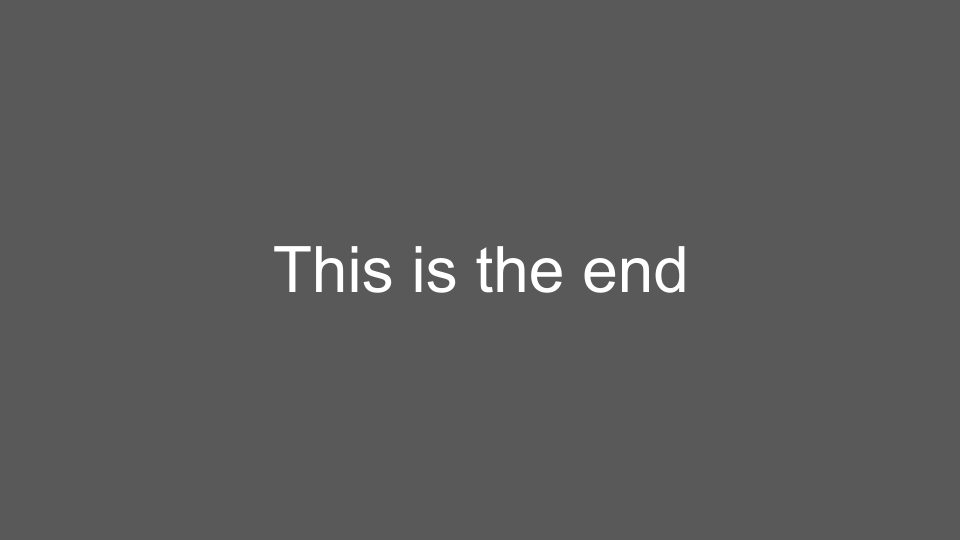
- "Love that energy Jaynes!"
- Necessary and Sufficient
- Family Resemblance
- Words as Hidden Inferences
- How an Algorithm Feels from the Inside
- A Human's Guide to Words
- View from nowhere
- "Al Capone has a point"
- Reality tunnels
- Blind Men and the elephant
- Formal Logic
- Implication
- Proof trees
- Rwandan Genocide
- Radio address given on April 30th, 1994
- Ghosts of Rwanda
- Machete Season
- "I didn’t succeed in tracking down the original docs, but this interview has a lot of context and quotes that lay out a pretty solid case."
- "From the Genocide Convention of 1948, there are several more articles specifying things like how international courts are supposed to work, and what “punishment” entails."
- General Romeo Dallaire, on the ground in Rwanda.
- "Just a year earlier the U.S had been badly burned with an attempted intervention in a Somalian civil war."
- Conflict Is Not Abuse
This is awkward because I'm pretty sure I don't believe anything your reply asserts I believe.
To clarify, is it the case that from reading my post you've concluded that I don't think labels/words are useful and that I don't think we need language for complex thought? If that's the case, can you help me understand how you got that?
Some thoughts: the "When" in the title was meant to make this distinct from simply "Arguing Definitions Is Arguing Decisions". Of all arguments about definitions, some unknown about have the qualities I'm pointing at.
When you mention that I promptly forget that words/labels are useful, do you think I said things that contradicted the idea of words being useful, or did that fact that I didn't keep circling back to "words are great" make you infer I don't care about them? Mayhaps I find the idea of thinking people shouldn't use language as so ridiculous that I didn't feel a need to hedge against that interpretation, but you run into these sorts of people often and have high priors for that interpretation?